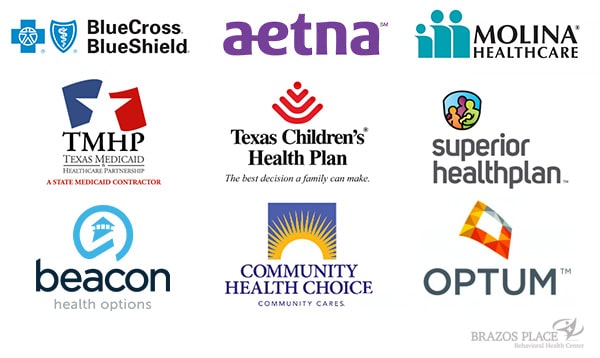Underage and Teenage Drinking Stats
While overall numbers have declined slightly, underage and teen drinking remains a substantial issue. In 2019, a study showed more than 7 million people aged 12 to 20 reported they drank alcohol, making it the most widely used substance among American teens. Other national surveys show 19% of those aged 12 to 20 reported drinking alcohol and 11% reported binge drinking.
Teens turn to alcohol for a variety of reasons, including a desire to establish independence, peer pressure, escape from stress, or even simple boredom. Yet they do so without full recognition of the health risks and negative effects associated with alcohol usage.
Find Treatment Options TodayTeen Binge Drinking
The National Institute on Alcohol Abuse and Alcoholism defines binge drinking as “a pattern of drinking that brings blood alcohol concentration (BAC) to 0.08% or 0.08 grams of alcohol per deciliter or higher. That is roughly equivalent to 4 or more drinks in two hours for adult females and 5 or more drinks in two hours for adult males. The number of drinks needed to reach 0.08% for boys and girls can be substantially less.
Adolescent binge drinking typically begins as early as age 13, gradually increases, and then peaks in young adulthood (18-22). Underage drinking statistics show those who consistently binge drink between ages 18 and 24 may have issues with education, employment, financial independence, and marriage.
Teen Drunk Driving Facts and Statistics
Underage drinkers are one of the most serious public health problems in the United States. In 2011, about 188,000 people under age 21 went to an emergency room for alcohol-related injuries, including falls, burns, alcohol overdoses, drowning, suicides, homicides, and motor vehicle crashes.
The National Highway Traffic Safety Administration (NHTSA) reports that in 2017, teenage drunk drivers caused approximately 1,847 fatal crashes or 17% of all drunk driving deaths. As a result, getting arrested for drunk driving as a teen is now a criminal offense. Teens under 18 can be charged as an adult and a drunk driving (DUI) conviction goes on their adult criminal record – making it more difficult to apply for college or jobs and having to explain a criminal record. Convicted teens also typically lose their driving privileges until they are 18, 21, or even older.
Risks of Teen Drinking
Beyond the emergency room visits and drunk driving deaths, teen drinking is associated with myriad other risky behaviors and negative consequences. Drinking often leads to poor decision-making and increases the risk of unsafe sexual behavior, aggressive or violent behavior, association with the use of drugs and other illegal substances, alcohol poisoning, difficulty in school, trouble with law enforcement, and the increased likelihood of developing alcohol use disorder later in life. Alcohol also interferes with adolescent brain development and can potentially affect brain structure and function. Studies show that a teenage brain exposed to alcohol is at risk of being smaller in certain parts. Excessive alcohol use can also lead to an increased risk of liver disease and cancer.
Teens who participate in underage drinking and heavy drinking are more likely to experience school issues such as lower-grade markings and higher instances of absenteeism than other school students. They also experience more social problems, legal problems and arrests, physical illnesses and hangovers, and the disruption of normal growth or sexual development.
Does Your Teen Need Alcohol Rehab?
The influence of parents can play a significant role in shaping their children’s views and attitudes toward drinking and the dangers of underage drinking. Parents can serve as positive role models, limit access to alcohol, encourage regular conversations about life and the dangers of alcohol, get to know their children’s friends, supervise parties, and encourage healthy, fun activities that do not involve alcohol.
Parents should be aware of signs that may point to an underage drinking problem. Look for changes in mood, irritability, defensive words, slurred speech, bloodshot eyes, rebellion against family rules, a switch of friends, lower grades in school, attendance issues, low energy, lack of involvement, etc. Discovering that your teen is using or addicted to alcohol is a difficult situation to face. That’s where ADAPT (Alcohol and Drug Abuse Prevention Team) can help. You can call to speak with a caring and professional representative who can help you and your family address the issues of alcohol misuse.
Frequently Asked Questions
Additional Teen Addiction Resources
- Teen Drug Abuse
- Adolescent Outpatient Treatment
- Teen Drug Addiction Treatment
- Preparing for Rehab
- Teenage Rehabilitation Center
- Preparing Your Teen For College
- Confronting Addiction: How To Talk To Your Teenager About Teen Addiction
- How Social Media Affects Teens
- Underage Drinking: Alcohol and Teens
- Family Involvement in Teen Addiction Treatment
- How Do Teens Get Drugs
- High School Drug Use




